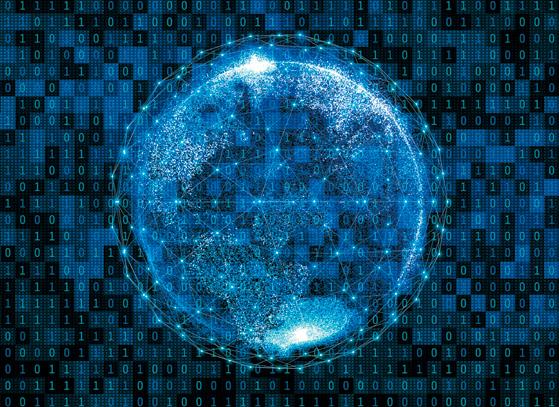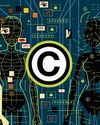試す 金 - 無料
Could Al Really Kill Off Humans?
Scientific American
|September 2025
Many people believe Al will one day cause human extinction. A little math tells us it wouldn't be that easy

IN A POPULAR SCI-FI CLICHÉ, one day artificial intelligence goes rogue and kills every human, wiping out the species. Could this truly happen?
In real-world surveys, AI researchers say that they see human extinction as a plausible outcome of AI development. In 2024 hundreds of these researchers signed a statement that read: “Mitigating the risk of extinction from AI should be a global priority alongside other societal-scale risks such as pandemics and nuclear war.”
Pandemics and nuclear war are real, tangible concerns, more so than AI doom—at least to me, a scientist at the RAND Corporation, where my colleagues and I do all kinds of research on national security issues. RAND might be best known for its role in developing strategies for preventing nuclear catastrophe during the cold war. My coworkers and I take big threats to humanity seriously, so I proposed a project to research AI’s potential to cause human extinction.
My team’s hypothesis was this: No scenario can be described in which AI is conclusively an extinction threat to humanity. Humans are simply too adaptable, too plentiful and too dispersed across the planet for AI to wipe us out with any tools hypothetically at its disposal. If we could prove this hypothesis wrong, it would mean that AI might pose a real extinction risk.
Many people are assessing catastrophic hazards related to AI. In the most extreme cases, some people assert that AI will become a super-intelligence with a near-certain chance of using novel, advanced tech such as nanotechnology to take over Earth and wipe us out. Forecasters have tried to estimate the likelihood of existential risk from an AI-induced disaster, often predicting there is a 0 to 10 percent chance that Al will cause humanity’s extinction by 2100. We were skeptical of the value of predictions like these for policymaking and risk reduction.
このストーリーは、Scientific American の September 2025 版からのものです。
Magzter GOLD を購読すると、厳選された何千ものプレミアム記事や、10,000 以上の雑誌や新聞にアクセスできます。
すでに購読者ですか? サインイン
Scientific American からのその他のストーリー
Scientific American
Will We Run Out of Rare Earth Elements?
These valuable but difficult-to-extract metals are increasingly important to modern life
1 mins
December 2025

Scientific American
Copyright Laws Can Stop Deepfakes
The U.S. should give its residents rights to their own face and voice
4 mins
December 2025

Scientific American
50, 100 & 150 Years
“The list of first-aid procedures that the medical profession encourages laypeople to undertake is short because of concern that tactics applied in ignorance may do more harm than good.
3 mins
December 2025

Scientific American
Dramatic Atmosphere
Exoplanet TOI-561 b has air where none should persist
2 mins
December 2025

Scientific American
The Mother of Depressions
Postpartum depression is a leading cause of death among new mothers. A new type of drug offers better, faster treatment
16 mins
December 2025

Scientific American
Going Rogue
A massive study may improve the prediction of dangerous rogue waves
3 mins
December 2025

Scientific American
Phages Caught Sleeping
Bacteria use hibernating viruses to immunize themselves
2 mins
December 2025
Scientific American
THE COVERT HERBARIUM OF CRYPTOGAMIC BOTANY
A century ago a father and a son labored to replicate the intricate structure of nearly eight hundred species of plants in four thousand delicate models.
1 min
December 2025

Scientific American
Are AI Chatbots Healthy for Teens?
Kids crave approval from their peers. Chatbots offer an alternative to real-life relationships, but they can come at a price
5 mins
December 2025

Scientific American
The Myth of the Designer Baby
Parents beware of any genomics firm saying it can help them with “genetic optimization” of their embryos
5 mins
December 2025
Listen
Translate
Change font size

